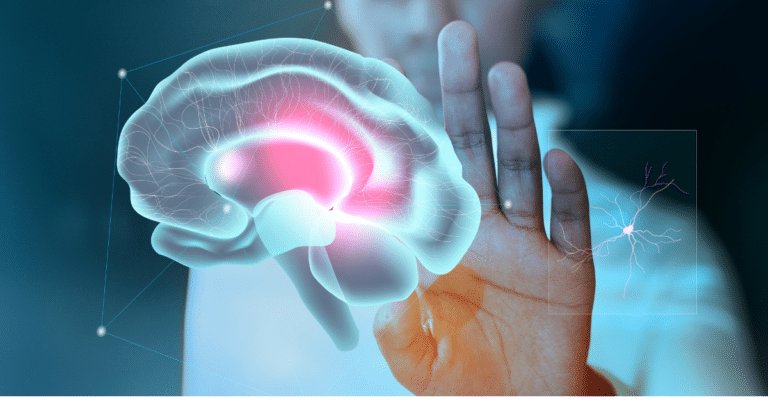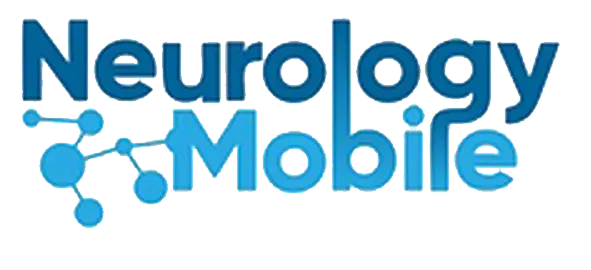4 min read
Understanding Neurological Disorders: Common Symptoms and Treatments

Neurological disorders, with their broad spectrum of symptoms and impacts, often resemble a maze – complex and intimidating. Yet, with the right information, navigating this maze becomes possible. This comprehensive guide aims to light the path through the intricacies of neurological disorders, addressing common symptoms, treatment options, and the particularly perplexing nature of functional neurological disorders.
What are Neurological Disorders?
At their core, neurological disorders involve the brain, spinal cord, and the vast network of nerves that thread through our bodies. These disorders can distort the normal functioning of our nervous system, leading to a range of symptoms that affect our physical movements, cognitive abilities, and emotional wellbeing.
Unpacking the Common Symptoms
Cognitive Impairments
Cognitive difficulties are a hallmark of many neurological disorders. These can range from mild forgetfulness to severe dementia, significantly impacting daily life and independence.
Emotional and Behavioral Changes
Neurological disorders can lead to profound changes in mood and behavior. Depression, anxiety, sudden outbursts, or even changes in personality might be observed, often perplexing loved ones and the individuals themselves.
Movement Disorders
From the tremors of Parkinson’s disease to the muscle weakness of multiple sclerosis, movement issues are prominent in neurological conditions, varying widely in severity and type.
Persistent Pain
Often overlooked, pain is a critical symptom of many neurological disorders. This can manifest as chronic headaches, neuropathic pain, or unexplained pains throughout the body.
Sensory Disturbances
Alterations in sensory perception, such as loss of vision or hearing, numbness, or the feeling of «pins and needles,» can also indicate neurological issues.
Functional Neurological Disorder: What is it?
A functional neurological disorder is a condition where patients experience neurological symptoms, like abnormal movements or seizures, without an identifiable structural cause in the brain. This doesn’t mean the symptoms aren’t real, but that their origin is different.
Can a Functional Neurological Disorder Cause Disability?
The answer is yes. Although the symptoms may not have a structural cause, they can be severe enough to significantly impact a person’s daily life.
Treatments for Neurological Disorders
Medication
Medications remain the cornerstone of treatment for many neurological disorders, offering symptom relief and improving quality of life.
Physical and Rehabilitation Therapy
Physical, occupational, and speech therapy can play crucial roles in managing neurological disorders, helping individuals regain lost skills and adapt to their limitations.
Surgery
For certain conditions, surgery may offer the best hope for improvement. Techniques like deep brain stimulation for Parkinson’s disease or corrective surgery for spinal cord injuries can be life-changing.
Psychological Support and Behavioral Therapies
The psychological impact of living with a neurological disorder cannot be overstated. Counseling and support groups offer vital spaces for individuals and families to cope with the emotional challenges posed by these conditions.
How Can I Tell if I Have a Neurological Disorder?
If you experience any of the symptoms mentioned above, it’s crucial to consult a healthcare professional. Early diagnosis and treatment can make a significant difference in managing these disorders.
Innovations in Research and Treatment
- Latest Scientific Advances: Information about the most recent research in neuroscience, including advances in understanding the genetics of neurological disorders, new medications under development, and innovative technologies for diagnosis and treatment.
- Experimental Therapies: An overview of experimental treatments and research-phase therapies, such as gene therapy, stem cells, and neuromodulation, explaining how they could revolutionize the management of neurological disorders in the future.
Prevention Strategies
- Preventing Neurological Disorders: Tips on healthy lifestyles that could reduce the risk of developing neurological disorders, including nutrition, exercise, and stress management strategies.
- Early Detection: The importance of early detection and warning signs to seek medical intervention, including recommended screenings and evaluations.
Psychosocial Impact and Support
- Impact on Quality of Life: An analysis of the emotional, social, and economic impact of neurological disorders on patients and their families, including challenges in work and personal relationships.
- Support Networks: Information about support groups and online communities, where patients and their caregivers can find comfort, advice, and understanding from people facing similar challenges.
Resources and Tools
- Digital Tools and Apps: Presentation of mobile applications and digital tools designed to help patients manage their symptoms, remember their medications, and track their progress.
- Directory of Specialists and Treatment Centers: A resource guide for finding recognized specialists and treatment centers in the field of neurology, making it easier for patients to seek professional help.
Multimedia and Interactivity
- Video Gallery and Infographics: Use of multimedia material to explain complex concepts in a simple way, show physical therapy exercises, or share daily living tips.
- Webinars and Virtual Workshops: Information about free online sessions with neurology experts, discussing relevant topics and offering practical advice.
Conclusion
Neurological disorders can be challenging, but understanding their common symptoms and treatments is the first step towards management and improving quality of life. Remember, every step you take in the labyrinth of neurological disorders brings you closer to the exit. You’re not alone on this journey; there’s help available and hope on the horizon.
Have you ever wondered how daily life can be affected by a functional neurological disorder and what treatments exist to manage it? Keep that curiosity, as we’ll explore these questions and more in our next article. Join us on this journey of discovery and support.

